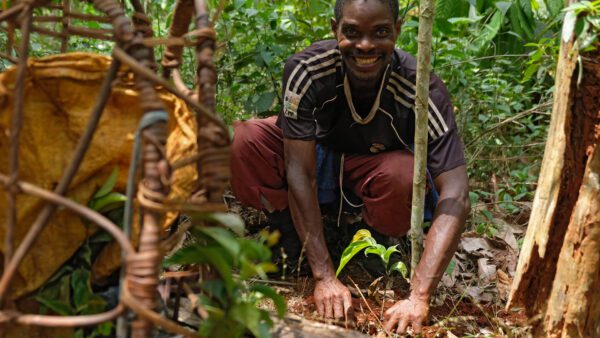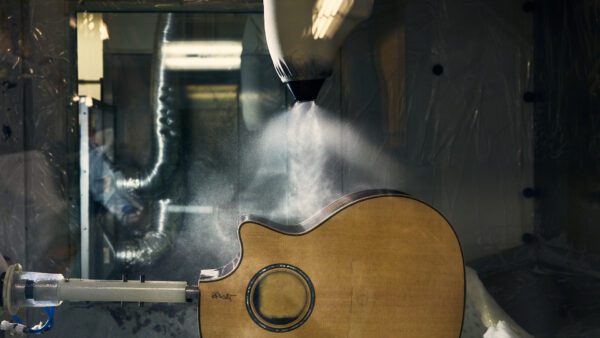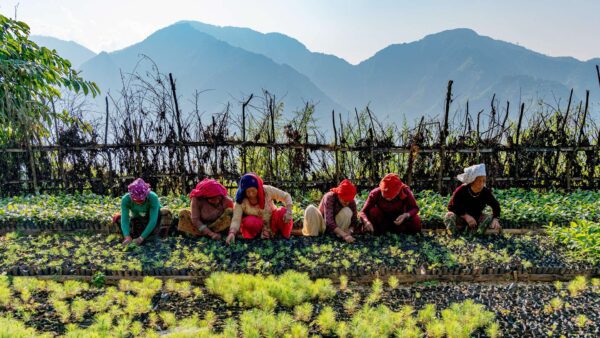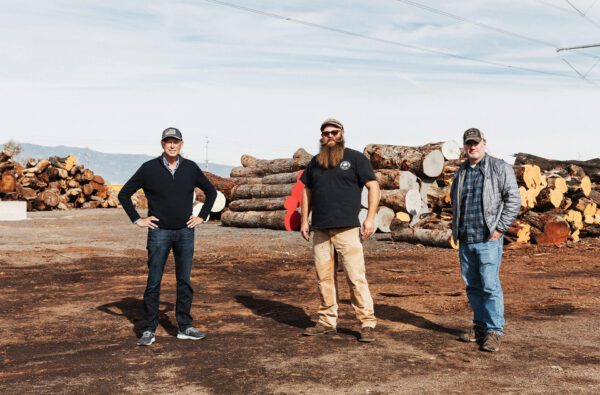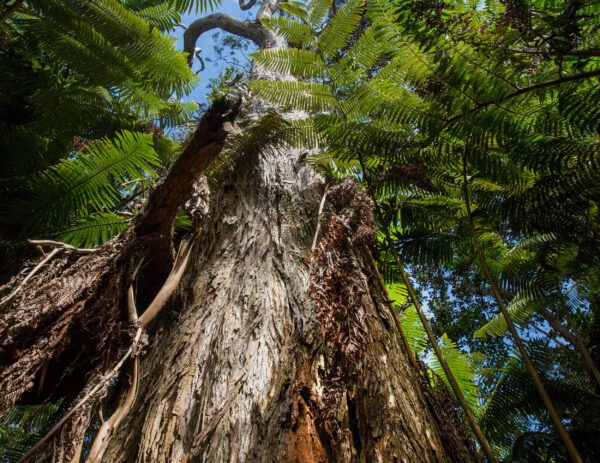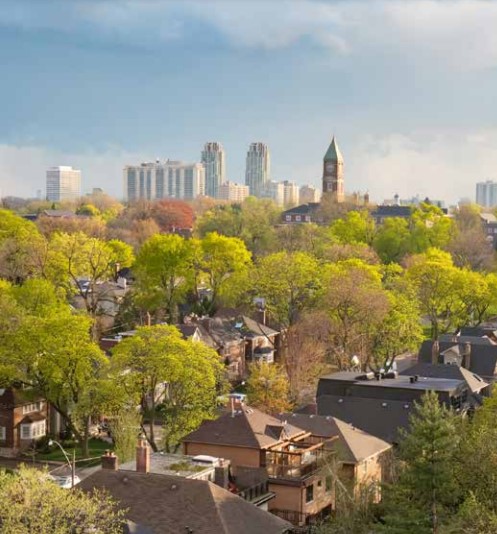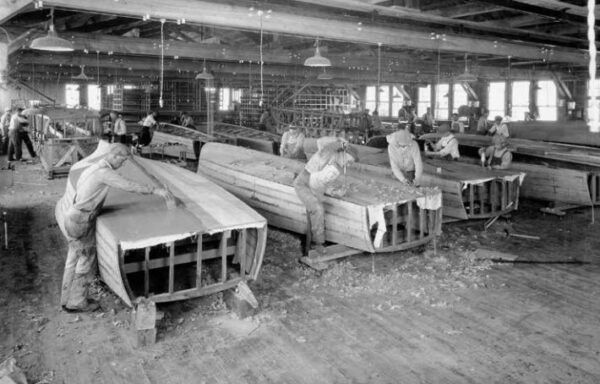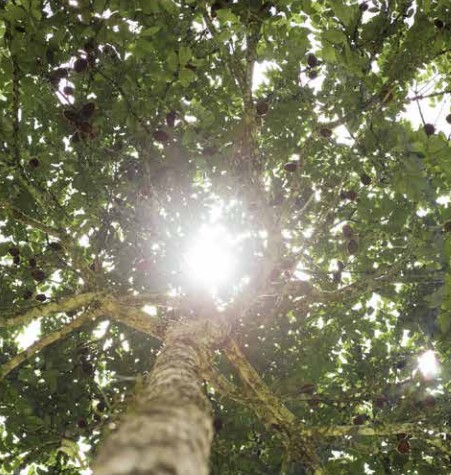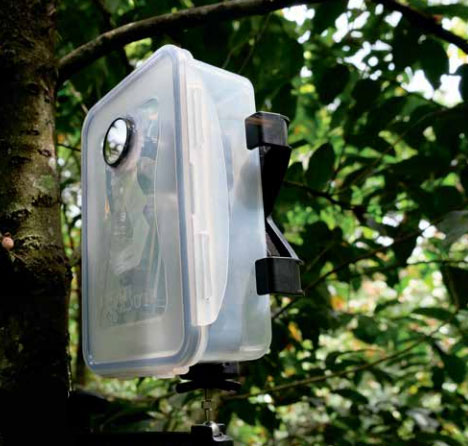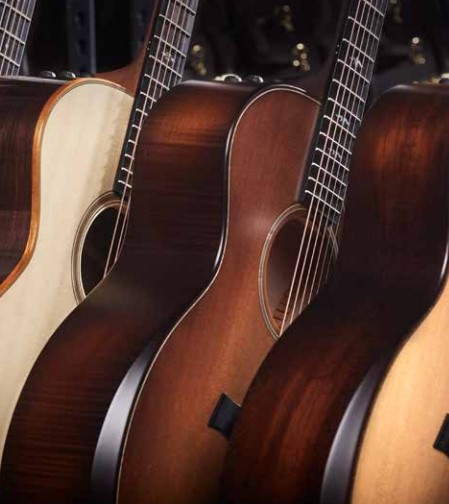
category
Articles
-

Articles
The Ebony Project: Growing Into Phase 2
A decade after buying an ebony mill in Cameroon, our efforts to ensure an ethical ebony supply chain have led to new scientific discoveries and a scalable community planting program that’s on the verge of doubling in size.
-

Articles
No Finish Line
Our drive to develop better and more eco-friendly guitar finishes demonstrates that environmental stewardship will always be an ongoing effort.
-

Articles
Seeds of Change in a Changing World
In an age of climate change, growing the right tree in the right place is more important than ever. Here’s why.
-

Articles
Growth Potential
With two planting projects in the works, Taylor’s collaboration with partners like West Coast Arborists sheds light on the challenges and benefits of creating a circular economy around urban trees.
-

Articles
Three Part Harmony
Our innovative efforts to preserve the future of ebony, koa and urban trees reveal three profoundly different approaches. Yet all are linked by our commitment to improving local ecosystems and the communities that rely on them.
-

Articles
Seeing the Urban Forest for the Trees
Scott Paul explains the value of urban trees and how Taylor’s collaboration with a California-based arborist can support the regreening of city and suburban areas.
-

Articles
Reliable Sources
A closer look at the history of wood selection for guitars and how things have changed.
-

Articles
A Fresh Assessment
Scott Paul traces the technological progress that has enabled the status of wood species to be assessed more accurately and reveals why that’s good news for ebony. Plus, our ebony initiative in Cameroon reaches a new milestone.
-

Articles
Tracking Progress
Scott Paul shares an update on our work with The Ebony Project in Cameroon, koa reforestation in Hawaii, and the protected status of rosewood.
-

Articles
Is Our Wood Good?
Are Taylor guitars ethically made? Scott Paul explores this important question based on the different materials that go into a guitar.























